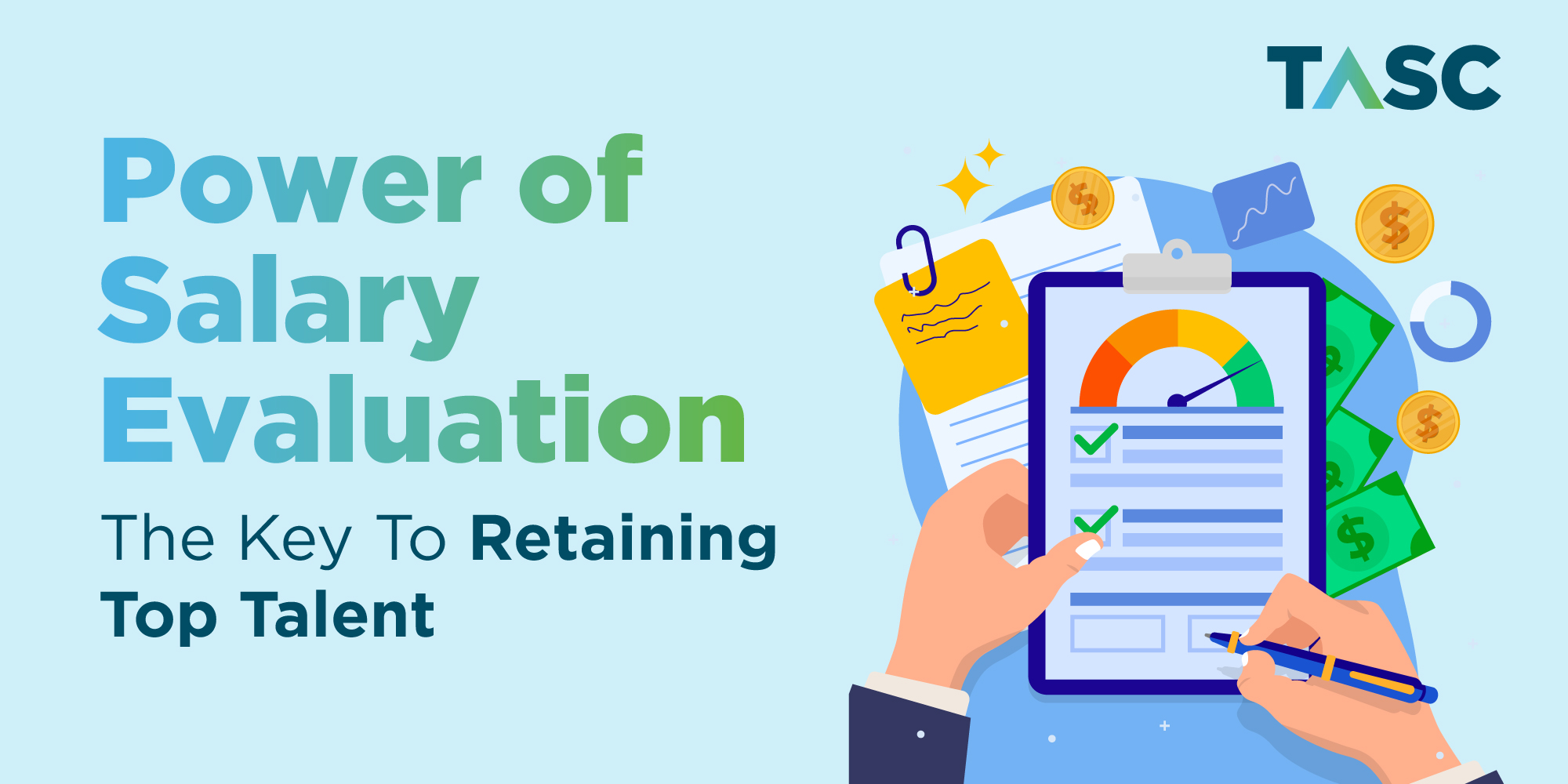Top 10 Global Recruiting Trends to Watch in 2025
The way companies find and hire talent is changing faster than ever. Businesses in the UAE and around the world are facing new challenges and opportunities as technology evolves and workforce expectations shift. Whether you’re a recruitment professional, HR leader, or business owner, keeping up with the latest recruiting trends is key to building a strong team and staying ahead in a competitive market.
Recruitment is no longer just about posting job ads and waiting for resumes. It’s a strategic function that demands innovation, agility, and a clear understanding of what today’s candidates want. In 2025, recruitment will be shaped by a mix of technological advances, changing candidate priorities, and broader social movements influencing how talent is sourced and retained globally.
In this blog, we will explore the top 10 recruitment trends to watch in 2025. Understanding these trends will help you refine your hiring approach, attract better candidates, and create a recruitment process that aligns with the future of work — especially in the fast-growing and diverse market of the UAE.
Increased Adoption of Artificial Intelligence in Recruitment
Artificial intelligence (AI) is no longer just a futuristic concept; it’s actively transforming recruitment processes worldwide. In 2025, AI tools will play a bigger role in screening resumes, matching candidates with job descriptions, and even conducting preliminary interviews through chatbots.
Recruiters benefit from AI’s ability to analyze large volumes of data quickly, identifying candidates who fit a role based on skills, experience, and even cultural fit indicators. This streamlines the hiring process and allows human recruiters to focus on the more nuanced parts of talent selection. Additionally, AI-powered chatbots offer candidates instant answers and updates, improving the overall experience.
AI also brings predictive analytics into recruitment, helping organizations forecast hiring needs, reduce turnover, and make smarter hiring decisions that contribute to long-term success.
Focus on Diversity, Equity, and Inclusion (DEI)
Diversity, equity, and inclusion have moved beyond buzzwords to become one of the best recruitment strategies worldwide. Companies are recognizing that diverse teams drive innovation, better decision-making, and higher employee satisfaction.
In 2025, recruiters will place more emphasis on removing unconscious bias from hiring practices. This involves using technology and structured interviews to evaluate candidates fairly. Expanding recruitment efforts to reach underrepresented groups will also remain a priority.
For businesses in the UAE, where cultural diversity is already high, embracing DEI in recruitment can strengthen employer branding and attract a wider pool of talented professionals. It’s about creating an environment where everyone feels valued and empowered to contribute.
Remote and Hybrid Work Influencing Talent Acquisition
The shift to remote and hybrid work is here to stay, and it’s reshaping how companies recruit talent. Geographic boundaries no longer limit where you can find the right candidate, opening access to a global talent pool.
Recruiters will adapt by crafting job descriptions that highlight flexible working options and adjusting interview processes to be fully virtual when needed. This flexibility appeals to candidates who prioritize work-life balance and autonomy.
However, remote recruiting also comes with challenges, such as assessing cultural fit and team collaboration skills without face-to-face interaction. In 2025, companies will refine tools and strategies to effectively evaluate remote candidates while maintaining a seamless hiring experience.
Employer Branding as a Recruitment Strategy
Today’s candidates want to work for companies whose values align with their own. Employer branding has become one of the top global recruiting trends that works well in attracting talent. In 2025, organizations will invest more in building authentic and transparent brands that resonate with job seekers.
Recruiters will use social media, company websites, and digital content to communicate what it’s like to work within their organization. Highlighting company culture, career development opportunities, and employee wellbeing initiatives will help differentiate employers.
Data-Driven Recruitment Decisions
Recruitment is becoming more analytical. In 2025, data will guide nearly every stage of the hiring process, from sourcing to onboarding. Tracking key recruitment metrics like time-to-fill, cost-per-hire, and candidate drop-off rates will enable recruiters to identify bottlenecks and improve efficiency.
Advanced recruitment software will provide insights into candidate behavior, helping tailor communication and refine job marketing efforts. Using this data-driven approach allows companies to make informed decisions that enhance the quality of hires and reduce turnover.
Rise of Skills-Based Hiring Over Traditional Qualifications
Traditional qualifications like degrees and certifications are no longer the sole indicators of a candidate’s ability to succeed. Skills-based hiring is gaining traction, focusing on what candidates can do rather than just where they’ve studied.
In 2025, recruitment processes will increasingly include practical assessments, simulations, and task-based evaluations to gauge real-world skills. This approach opens opportunities to a broader talent pool, including self-taught professionals and career changers.
Automation of Administrative Recruitment Tasks
Recruiters spend a significant portion of their time on repetitive administrative tasks, from scheduling interviews to sending follow-up emails. Automation tools are helping to reduce this workload, allowing recruiters to focus on building relationships with candidates and hiring managers.
By 2025, automation will be even more integrated, handling tasks like applicant tracking, interview coordination, and candidate communication. This speeds up the recruitment cycle and improves accuracy.
Candidate Experience as a Priority
Candidate experience is emerging as a defining factor in recruitment success. A positive, smooth application process can influence whether a candidate accepts an offer or speaks positively about the company.
In 2025, organizations will simplify application procedures, minimize unnecessary steps, and maintain clear communication throughout the hiring process. Providing timely feedback and setting realistic expectations will help keep candidates engaged.
Personalizing the recruitment journey, such as tailoring communication and respecting candidate preferences, creates a more memorable experience that supports employer branding.
Integration of Mobile Recruiting Technologies
Mobile technology continues to influence how candidates search and apply for jobs. With an increasing number of job seekers using smartphones, mobile-optimized recruitment platforms are essential.
By 2025, recruiters will prioritize mobile-friendly job applications and career sites, ensuring a seamless experience regardless of device. Push notifications, chatbots, and mobile interview scheduling will enhance accessibility and responsiveness.
Growing Importance of Employee Wellbeing in Recruitment
Employee wellbeing is no longer just an internal HR concern—it’s now part of recruitment messaging. Candidates want to know that prospective employers care about their mental, physical, and emotional health.
In 2025, recruitment will highlight wellbeing programs and policies as key selling points. Assessing how candidates align with the company’s wellbeing culture will become part of the selection process.
Prioritizing wellbeing from the recruitment stage supports employee satisfaction and retention, contributing to a healthier and more productive workforce.
Wrapping Up
The recruitment industry in 2025 will be shaped by a combination of technology, shifting workforce expectations, and broader social trends. From AI and automation to diversity and wellbeing, these top 10 global recruiting trends offer a roadmap for companies aiming to attract and retain the best talent.
For recruitment agencies and businesses in the UAE, adapting to these trends will be essential to remain competitive in a dynamic market. Embracing data-driven methods, focusing on candidate experience, and promoting inclusive and flexible workplaces will position organizations to thrive.





